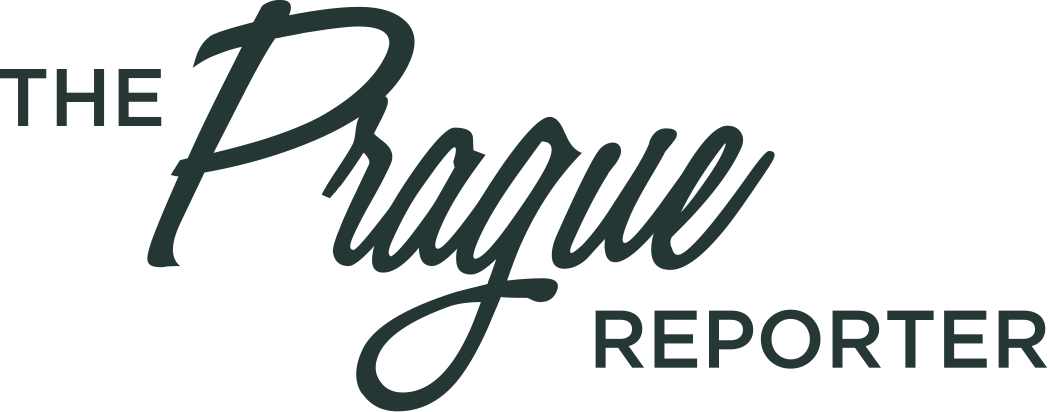Prague will host the 12th edition of 3Kino – Polish Film Festival Prague from Nov. 10–16, highlighting the vibrancy and diversity of contemporary Polish cinema. The festival brings Czech audiences a curated selection of 24 films, including 12 premieres from the recent Gdynia Film Festival, offering an early look at works poised to enter the international festival circuit.
The event will feature screenings of dramas, documentaries, and experimental works, complemented by panel discussions with directors and actors. Among the highlights are Wojciech Smarzowski’s domestic drama Good Home (Dom dobry), exploring hidden domestic violence, and Marta Dzido’s documentary Solidarity according to Women (Solidarność według kobiet), focusing on female figures in the Polish dissident movement.
Beyond screenings, the festival integrates cinema with visual art and live music. Audiences can experience a rare silent film, The Organist at St. Vitus’ Cathedral (Varhaník u sv. Víta), performed live by an orchestra under composer Jan Rybář, as well as a temporary exhibition of Tamara Łempicka’s Madona z Montmartru, merging art history and film in a unique presentation.
Screenings and events will take place at Kino MKP at the Municipal Library of Prague, Kampus Hybernská, and venues in the U Nováků Passage off Wenceslas Square.
Polish cinema in focus
Polish film continues to assert itself on the European stage, blending distinctive national voices with universal themes. Festival director Vavřinec Menšl emphasizes the role of Polish cinema as both artistic expression and cultural dialogue. “3Kino – Polish Film Festival Prague is more than a festival. It is a living dialogue between people, cultures, and generations,” Menšl said.
This year’s program features a record number of premieres, including 12 of the 15 films showcased at the Gdynia Film Festival. Highlights include Budapest Diaries (Dziennik z wycieczki do Budapesztu) by Rafał Kapeliński and Loss of Balance (Utrata równowagi) by Korek Bojanowski, which examines power dynamics and talent within the film school environment. Theater and film legend Jan Englert will personally introduce The Crossroads (Skrzyżowanie), bringing both star power and historical context to the festival program.
The competitive section features 11 films, spanning drama, documentary, and socially engaged cinema. Many titles reflect contemporary Polish society, addressing themes from domestic challenges to historical memory, providing audiences with insight into both Poland’s cultural history and its current social debates.
Multimedia and interactive experiences
3Kino extends beyond film screenings by incorporating music, visual arts, and live discussions. A centerpiece is the live orchestral accompaniment for the 1929 silent film The Organist at St. Vitus’ Cathedral (Varhaník u sv. Víta), composed and conducted by Jan Rybář, blending historical cinema with contemporary performance. Visitors will also encounter curated exhibitions, including a display of Polish and Czech student film posters in the U Nováků Passage.
The festival bar at Kavárna Řehoře Samsy provides an informal space for filmmakers and audiences to interact, while the temporary presentation of Łempicka’s Madonna of Montmartre offers a rare intersection of visual art and cinema. The multimedia approach reinforces the festival’s mission to create dialogue across generations and artistic disciplines, making the experience immersive and participatory.
With its expanded programming and strong roster of premieres, the 3Kino – Polish Film Festival Prague reaffirms its place as a key event in Central European cinema. From international premieres to live performances and art exhibitions, the festival presents a multifaceted portrait of Polish culture, inviting audiences to engage with the country’s film industry in new and meaningful ways.
More details about this year’s Polish Film Festival can be found at the official festival website.














